An increasing number of European estate owners are now looking to rewild their land. Rewilding Europe can help those with the right credentials realise their ambition.
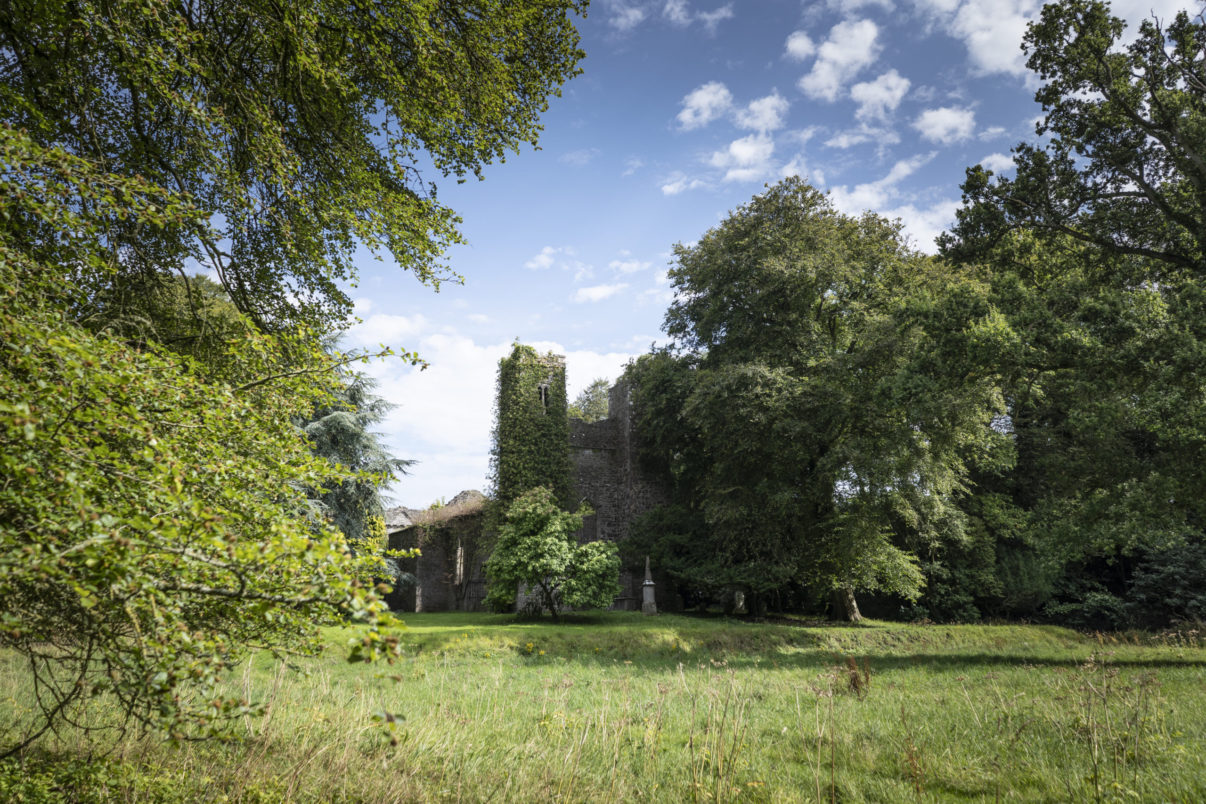
Burgeoning interest
Today there is a growing awareness of the need to recover wild nature and the wide-ranging benefits that such a recovery can deliver. Underpinned by this trend, a steadily increasing number of European estate owners are looking to become involved in rewilding, with some already engaged in rewilding efforts on part or all of their land. With ambition, vision and a high degree of autonomy, they are driven by a desire to enhance wild nature, create and diversify revenue streams, and engage with local communities. Many who have embarked on a rewilding journey have enjoyed great success.
This burgeoning interest is reflected in Rewilding Europe’s increasing involvement with such estates. Three estates – Knepp Wildland (UK), Dunsany (Ireland) and Wild Ken Hill (UK) – are now benefitting from membership of the European Rewilding Network (ERN), while Rewilding Europe Capital (REC) – Rewilding Europe’s enterprise loan facility – is providing a loan and rewilding expertise to the Bunloit Estate in the Highlands of Scotland. Rewilding Portugal is also collaborating with Symington Estates to enhance rewilding and nature-based enterprise in northern Portugal’s Greater Côa Valley.
Scaling up support
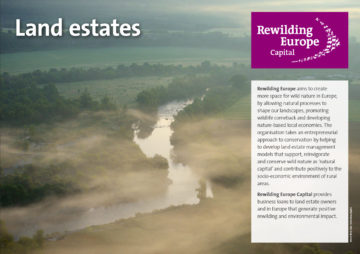
Rewilding Europe is keen to develop more partnerships with large-scale landowners, especially those located in or around our operational areas. Backed by both the Natural Capital Financing Facility (a joint initiative of the European Investment Bank and European Commission) and Triodos Regenerative Money Center, REC is now able to provide low-cost loans of up to 1 million euros to estate owners looking to generate positive rewilding impact (see REC factsheet for more details on financing and impact measurement). REC received funding from the Dutch Postcode Lottery earlier this year, which has also given the enterprise team more licence to fund rewilding initiatives.
As well as financial support, the Rewilding Europe enterprise team are well-placed to help landowners develop business plans, and to direct prospective estate purchasers towards land with significant rewilding potential. The Rewilding Europe Central Team can provide practical advice on rewilding, assist with the development of rewilding strategy, and put landowners in touch with a network of relevant stakeholders. Membership of the ERN provides access to a huge pool of pan-European rewilding expertise and Rewilding Europe’s European Wildlife Bank, which can supply herds of large herbivores (such as bison and horses) for reintroduction into Europe’s natural landscapes.
“Being able to offer such comprehensive support makes Rewilding Europe an ideal partner for estate owners or potential estate owners with rewilding ambition,” says Rewilding Europe’s Head of Enterprise Timon Rutten. “In addition to financial and practical considerations, association with Rewilding Europe also lends a certain level of credibility to rewilding initiatives, which can be helpful when reaching out to and engaging stakeholders.”
High-profile role model
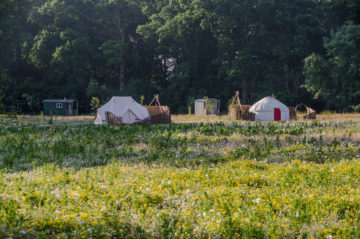
Estate owners typically engage in rewilding for various reasons. Some are driven principally by environmental concerns, while others are motivated by declining revenues. In the UK, many estate owners are uncertain as to how subsidies will change in a post-Brexit environment.
Knepp Wildland is the best-known example of a UK-based estate that has rewilded, with a wide range of wildlife now making a comeback here. The estate’s 1400-hectare rewilding initiative, which began in 2000, has also been profitable; in 2018 it generated around £1.25 million (€1.36 million) in income through sales of organic meat, wildlife safaris, rent from converted cottages and farm buildings, and glamping holidays.
Diverse revenue streams
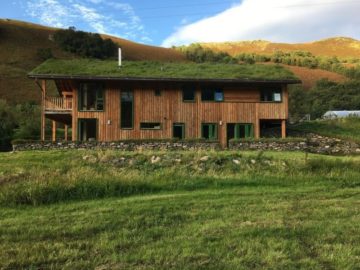
Knepp exemplifies the diverse revenue streams that rewilding can generate, which can involve everything from farming, nature-based tourism and carbon offsetting to forestry, wild meat and other natural products such as olives, honey and berries. The rewilding plan for the Bunloit Estate in Scotland will see a number of climate-friendly eco-homes constructed on the site (using wood harvested on the estate), while purchase of the estate was facilitated by the issuance of green bonds.
The rewilding of estates also offers estate owners the opportunity to stimulate local economies and create much-needed jobs for residents of nearby communities. In Scotland, the Glenfeshie Estate (part of the Wildland portfolio) has been undergoing rewilding for many years; it now supports around 60 (mostly local) employees, with more jobs in the pipeline as the estate’s natural comeback continues.
A long-term commitment
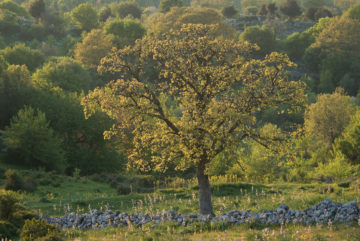
Despite the obvious appeal of “doing a Knepp”, Timon Rutten is quick to point out the serious challenges involved.
“For estate owners, rewilding is a huge, long-term, energy-consuming commitment,” he says. “Knepp didn’t develop overnight. Overseeing landscape-scale rewilding and the development of associated revenue-generating opportunities demands multiple skills and competent management teams. There may be additional location-based issues – such as deer control in Scotland or wildfire management in Portugal and Spain – which entail additional costs.”
Before embarking on any rewilding journey, Rutten recommends estate owners undertake a step-by-step process to establish viability.
“They should certainly visit other rewilding sites,” he says. “And think about how their estate fits into the larger landscape from an ecological perspective, and talk to lots of people – initiatives such as Rewilding Europe and Rewilding Britain, banks, people involved in hospitality and forestry. The next step is to come up with a strong business plan, and to think about the skills necessary to make that plan happen. Be ambitious, but also realistic about the commitment.”
Open invitation
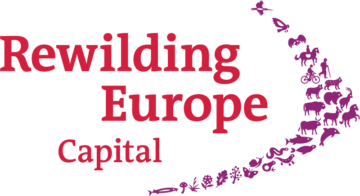 Rewilding Europe invites all estate owners and prospective estate owners with an interest in rewilding to contact the Rewilding Europe enterprise team (contact details below).
Rewilding Europe invites all estate owners and prospective estate owners with an interest in rewilding to contact the Rewilding Europe enterprise team (contact details below).
“Our door is always open,” says Timon Rutten. “As estates such as Knepp have shown, large landowners with robust business plans can play an important role in the rewilding of Europe. Now is the time to scale things up.”
Want to know more?
- Rewilding Europe Capital
- Contact Timon Rutten: timon.rutten@rewildingeurope.com
